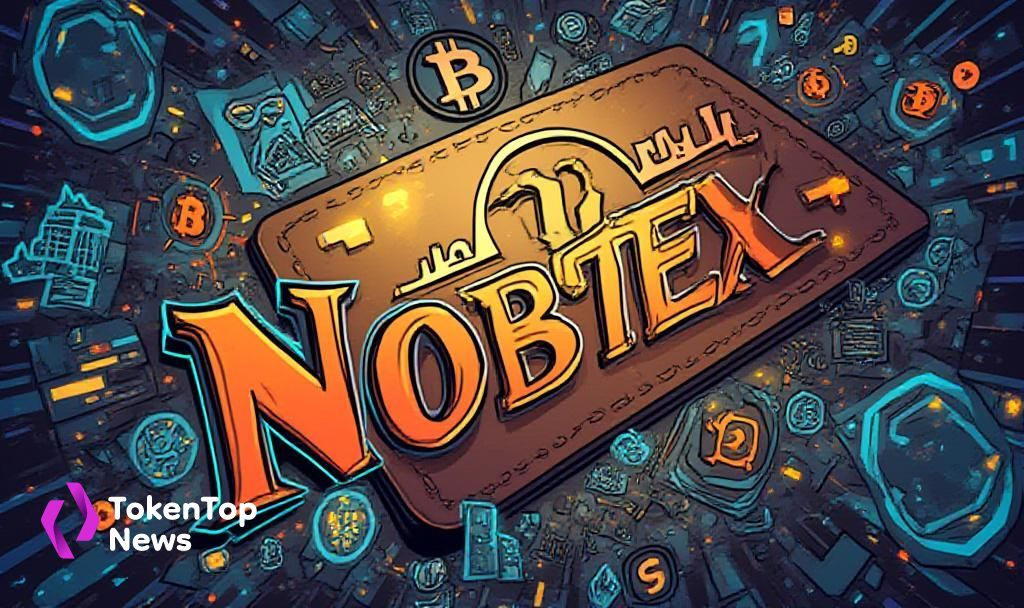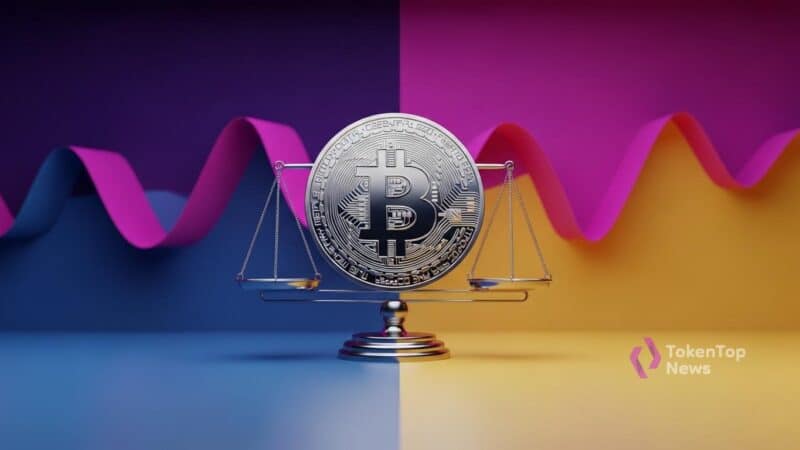Iran’s Nobitex Gradually Restores Cryptocurrency Wallet Access
- Nobitex begins phased wallet access restoration.
- Estimated asset loss of $90M-$100M.
- Security checks required for verified user access.

Resuming Operations After a Major Breach
Nobitex, facing a major security breach attributed to pro-Israel hacker group “Gonjeshke Darande,” has resumed wallet access progressively. The hack resulted in severe financial implications, affecting major assets like ETH, BTC, and stablecoins.
The exchange is prioritizing verified users, conducting security checks and identity verification. Nobitex announced via its official channels that the process would be gradual and thorough to ensure the security of its users’ holdings. According to an official statement, “Step-by-step wallet access has begun. We are working to resume withdrawal, deposit, and trading services for verified users with minimal delay.”
Enhanced Measures and Compliance
Elliptic, a leading blockchain analytics firm, has tagged all related wallet addresses. This move aims to facilitate compliance and trace the movement of stolen funds, providing a measure of reassurance to the community.
Iran’s government, already wary of cyber threats, had previously enacted measures to mitigate damage, underscoring the event’s importance. Internet speed throttling was among the tools employed during the initial incident.
Historical Context and Future Outlook
Nobitex’s gradual approach mirrors historical instances where exchanges faced similar breaches. These situations typically involved halts in trading activities and prioritization of user account security.
Potential outcomes may include increased regulatory scrutiny and technological enhancements across exchange platforms. Historical data suggests improved security protocols and compliance measures can bolster user confidence post-breach.
Elliptic stated, “We have labeled all addresses associated with the Nobitex hack. This is important for virtual asset compliance and helps exchanges/firms avoid interacting with tainted funds.”



